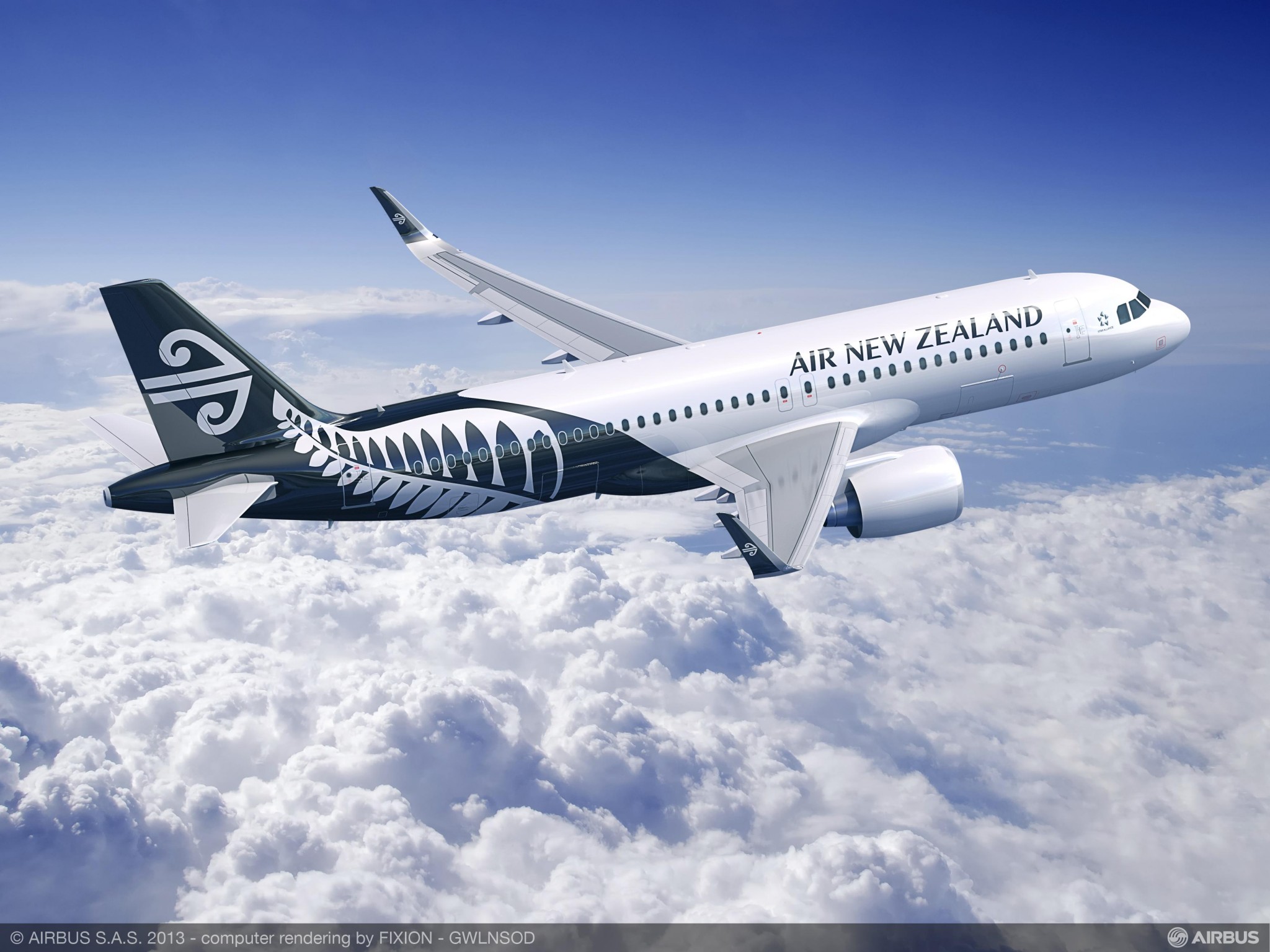Air New Zealand has recorded a $338 million aircraft impairment charge related to grounding of the Boeing 777-200ER fleet “for the foreseeable future” as the carrier reported a loss of $87 million for the 2020 financial year ending June 30.
Statutory losses before taxation, which include $541 million of other significant items, were $628 million, compared to earnings of $382 million last year. Non-cash items of $453 million reflected most of the other significant items, including the impairment charge.
“The $87 million loss we are reporting today, our first loss in 18 years, reflects the quick and severe impact Covid-19 has had on our business” says Therese Walsh chair of the airline. “Faced with such a swift decline in revenue as lockdown restrictions were implemented and borders were closed, we took immediate steps to secure $900 million in additional funding, and drastically reduced our cash burn in the knowledge that, for a time, we would be a much smaller business than we had been pre-Covid” Therese says.
New Zealand’s short-term liquidity as at August 25, was about $1.1 billion, made up of cash and the $900 million standby loan facility from the New Zealand Government.
The carrier’s cash burn averaged approximately $175 million per month from April to June, including higher than average refunds, redundancy payments and fuel hedge close out costs, but this reduced to $85 million for July. The airline is estimating the go forward average monthly cash burn to be in the range of $65 million to $85 million while international travel restrictions remain and assuming resumption of domestic travel with no social distancing requirements, as well as a continuation of government-supported cargo flights.
Air New Zealand said it is currently not able to provide specific 2021 earnings guidance, “However, each of the scenarios we are currently modelling suggest we will make a loss in 2021,” the airline said in its results announcement.

